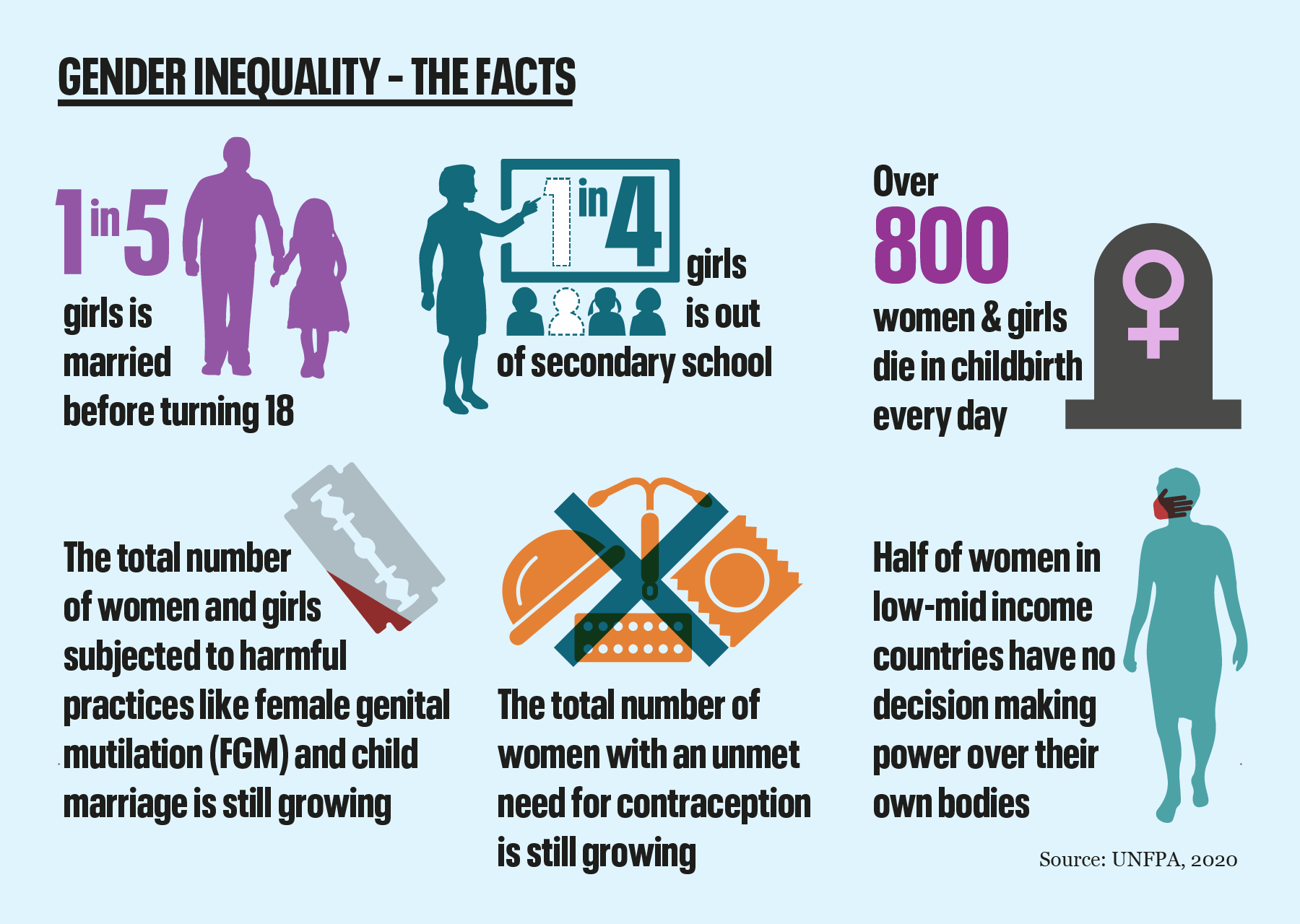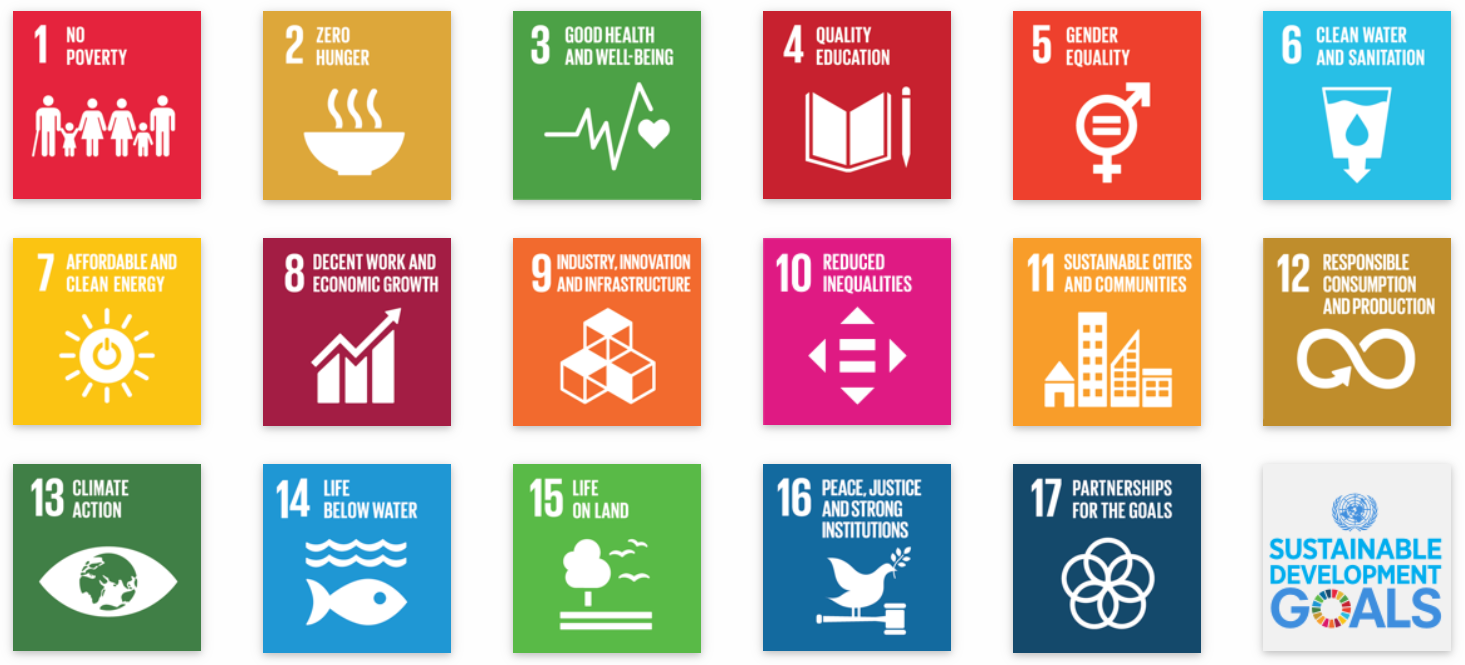
Population news from around the globe
With the birth of the planet’s 8 billionth person just around the corner (15 November), conversations around population growth are becoming ever harder to ignore. The facts are striking; half of the world’s population is made up of just seven countries, we will likely add another 2.4 billion people over the next 60-70 years before, if the UN projections are correct, human numbers plateau and begin to fall.
We try to feature all these population-related articles on our Twitter feed, but having come across a number of interesting pieces in recent weeks, we thought it would be a good opportunity to highlight them and some of the conversations happening on the ground.
TACKLING POPULATION ISSUES IN ZAMBIA
Globalissues.org reports on the Zambia All Party Parliamentary Group on Population and Development (ZAPPD), founded in 1997 and one of the first of its kind in the region of Eastern and Southern Africa.
They recently met in Lusaka to discuss progress around their Vision 2030 goal of becoming a prosperous middle-income country. MPs were encouraged to take the initiative on population matters, discussing issues such as unemployment, gender-based violence and an unmet need for family planning, which impacts at least 1 out of 5 women.
“If we invest in the health and education of the population, especially women and girls, we may see a different Zambia in the years to come.” – Lester Phiri from the Planned Parenthood Association of Zambia

A TALE OF TWO INDIAS
The BBC recently ran a story comparing the quality of life for a child born in southern India compared to someone from one of the northern states. The difference is stark.
A girl from the south is more likely to survive into adolescence and adulthood, will have access to healthcare, proper nutrition and education, often including college. One of the consequences of this is that she will also have fewer children, and those children will go on to have healthier lives and be better educated than their mum.
“In short, a median child born in southern India will live a healthier, wealthier, more secure and a more socially impactful life compared with a child born in northern India.”
The reason for this was some hit-and-miss but forward-thinking policies that were introduced post-partition in the various southern states, essentially acting as “laboratories of democracy”.

FAMILY PLANNING IN NIGERIA
A recent Vanguard article relayed stories from Nigerian women whose lives changed once they were able to access family planning.
Like Benedicta Eke who, after six live births, two miscarriages and an abortion, was terrified and unhappy. Access to family planning allowed her to take control of her life, find work and help lift her family out of poverty.
Prof Christopher Aimakhu, an obstetrician and gynaecologist in Ibadan explained how important he thought family planning to be, allowing women to stay in school for longer and ultimately have stronger and healthier children. He said:
“…if all unmet needs for modern contraception in Nigeria were satisfied, unintended pregnancies would drop by 77 per cent from 2.5 million to 555,000 per year. As a result, the annual number of unplanned births would decrease from 885k to 200k and the number of abortions would drop from 1.3m to 287,000.”
The article makes it clear that family planning is only part of the solution, but when coupled with pregnancy care, maternal and newborn deaths will also drop significantly, by 68 and 85 per cent respectively. Dr Olagunju Ayodele, CEO of Purple IVY Medical Consultants Hospital said:
“…unchecked fertility rate will lead to population explosion, escalation of crimes, increased poverty, and conditions will get worse while Nigeria will not be able to manage its natural resources that will become too little for the population.”
CONTRACEPTION ENCOURAGED IN TANZANIA
In Tanzania, President Samia Suluhu Hassan has urged women to use birth control and have fewer babies, commenting on the number of schools, hospitals and food that would be necessary if things keep going at the current rate.
Her stance is a far cry from that of her predecessor, the late John Magufuli, who discouraged the use of contraception and in 2018 described those who used it as “lazy”.
Today, Tanzania has a population of about 60 million people, half of whom live on less than $2 a day.

POPULATION GROWTH IN GHANA
Nana Ansah Kwao IV, Chief of Akwamu Adumasa has attributed the problem of galamsey, illegal small-scale gold mining, to population growth in Ghana. Ghana Business News reported on his words to a local radio station where he highlighted population growth as the underlying issue that’s fueling the problem.
“The fundamental issue of all the menace confronting to this issue is the speed with which the population is growing, but somehow as a country, it is a taboo subject for us.”
He is encouraging solutions such as access to family planning, in order to check population growth which he says is driving the unemployment rate up and leading to desperation among Ghanaians.
Progress on poverty in Egypt
In October, Egypt’s official statistics agency (CAPMAS) announced a reduction in poverty in the country from 32.5% in 2018 to 29.7% in 2020. Egyptian media reported that CAPMAS stated that overpopulation is the main cause of poverty, adding that poverty correlates to family size.
“The increase in family size is the reason and the result of the poverty at the same time”
Poor families often have more children because of a lack of social protection, CAPMAS stated, with parents hoping that their children’s income can support them as they age or get sick. The agency reported that 80.6% of people living in families of 10 people or more suffer from poverty. Nearly half of people living in families of six to seven are poor, while only 7.5 percent of families of less than four are poor.
Egypt’s president recently identified population growth as the most significant threat facing the country. Elements of its population programme are positive, focussing on women’s empowerment, but the programme has also received criticism for a one-size-fits-all approach that does not recognise the range of factors influencing family size. Egypt’s authoritarian government has a very poor human rights record and whether the programme will continue to focus on positive actions remains to be seen.

RAISING STANDARDS OF LIVING IN LIBERIA
The Liberian Observer’s article detailing the latest World Bank Report, Republic of Liberia Economic Update: Investing in Human Capital for Inclusive and Sustainable Growth, that flags population as one factor (among many) that’s stopping Liberia raise its wealth per capita as a means of raising standards of living.
The current population of Liberia is a little over 5 million, but this is increasing by 2.5-3% annually with a current TFR of 4.3. The report indicates that issues like early marriage and bearing a child at an early age contribute to an increased rate of fertility, and notes the strong evidence that suggests that increasing education and provision of health leads to reduced fertility rates and increased health outcomes.
IMPROVING LIVES
There’s a single strand that runs through every single one of these stories, that quality of life and population are inextricably linked. If people are looked after, educated, given access to health and family planning and lifted out of poverty, it not only improves their life chances and economic standing but inevitably leads to having fewer children. These are the ways in which we can, and must, improve people’s lives and protect our planet.
